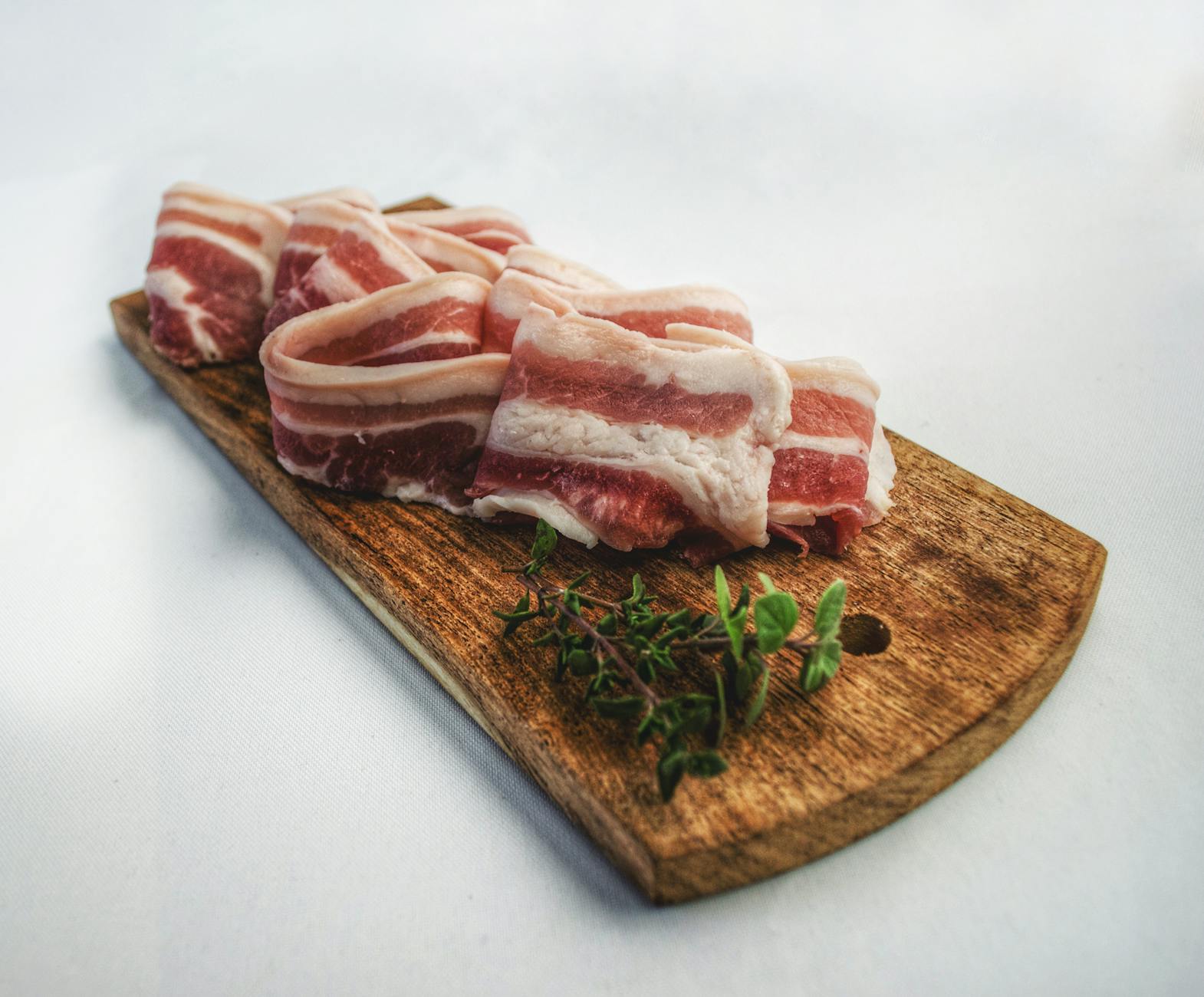When it comes to dieting and nutrition, myths abound, often causing confusion and frustration. Today, we’re breaking down three of the most persistent diet myths: calorie counting, the role of fibre, and the belief that low-fat equals healthy. Let’s separate fact from fiction to help you make informed decisions about your health.
1. Myth: “Calorie Counting Is the Key to Weight Loss”
The Myth: As long as you consume fewer calories than you burn, you’ll lose weight.
The Truth: While the principle of “calories in vs. calories out” is foundational to weight loss, it oversimplifies a complex process.
- Not all calories are created equal: 100 calories of sugary snacks don’t affect your body the same way as 100 calories of protein or healthy fats. The source of your calories impacts metabolism, hunger, and fat storage.
- Hormonal factors matter: Insulin, cortisol, and other hormones play a significant role in how your body processes food. A diet high in sugar or processed carbs can spike insulin, promoting fat storage, even in a calorie deficit.
- Sustainability is key: Strict calorie counting can lead to obsessive behavior, nutrient deficiencies, and burnout, making it unsustainable in the long term.
Better Approach: Focus on nutrient density. Prioritize whole, unprocessed foods like vegetables, lean proteins, and healthy fats to naturally regulate hunger and promote a balanced metabolism.
2. Myth: “Fibre Is Just for Digestion”
The Myth: Fibre’s only job is to keep you regular.
The Truth: Fibre is a dietary superhero with benefits that extend far beyond digestion.
- Blood sugar control: Soluble fibre slows down the absorption of sugar, helping to stabilize blood sugar levels and reduce the risk of type 2 diabetes.
- Heart health: Fibre can lower cholesterol levels, reducing the risk of heart disease.
- Gut microbiome: Fibre feeds beneficial gut bacteria, which are essential for immune health, mood regulation, and even weight management.
The Catch: Not all fibre is created equal. Soluble fibre (found in oats, beans, and fruits) dissolves in water and helps with blood sugar and cholesterol. Insoluble fibre (in whole grains and vegetables) adds bulk to stool. A balance of both types is ideal.
Better Approach: Aim for a variety of fibre-rich foods, such as legumes, nuts, seeds, whole grains, and vegetables. Your body (and your gut bacteria) will thank you!
3. Myth: “Low-Fat Equals Healthy”
The Myth: Cutting fat from your diet is the best way to lose weight and stay healthy.
The Truth: The low-fat craze of the 1980s and 1990s did more harm than good, leading to the rise of high-sugar, highly processed “low-fat” products.
- Fat is essential: Your body needs healthy fats for hormone production, brain function, and nutrient absorption. Omega-3 and omega-6 fatty acids, in particular, are critical for heart and brain health.
- Low-fat doesn’t mean low-calorie: Many low-fat products are loaded with sugar and additives to compensate for the flavor lost when fat is removed, leading to blood sugar spikes and cravings.
- Good fats can help with weight loss: Healthy fats, like those found in avocados, nuts, seeds, and oily fish, are satiating, helping you feel full and reducing overeating.
Better Approach: Instead of avoiding fat altogether, focus on consuming healthy fats. Steer clear of trans fats (found in processed foods) and embrace natural sources like olive oil, fatty fish, and nuts.
Final Thoughts
Navigating the world of nutrition can be tricky, especially with so much misinformation. The key is to focus on balance and quality rather than gimmicky shortcuts.
- Instead of obsessively counting calories, choose nourishing, whole foods.
- Embrace the diverse benefits of fibre for gut, heart, and overall health.
- Don’t fear fat—just be mindful of the type and source.
By challenging these diet myths, you can take a step closer to a healthier, more sustainable lifestyle. Remember, no single diet fits everyone, so listen to your body and consult a professional when in doubt.
